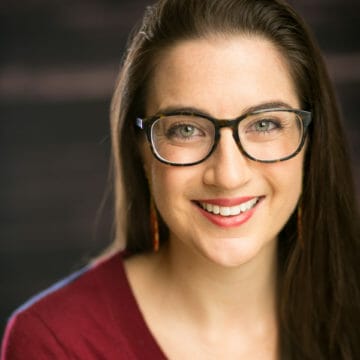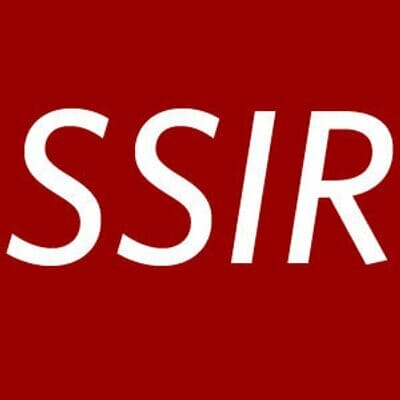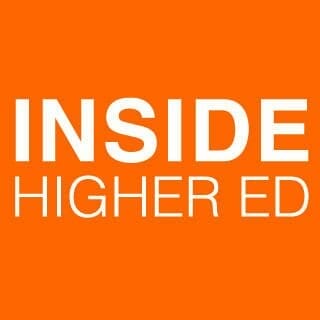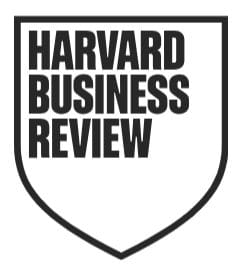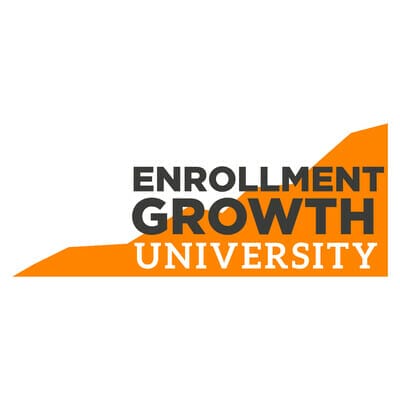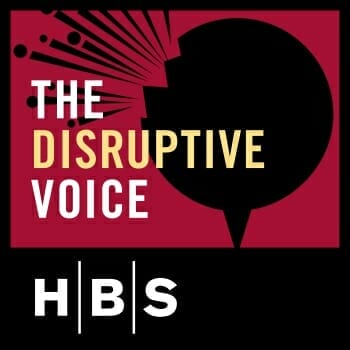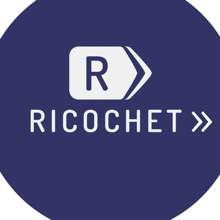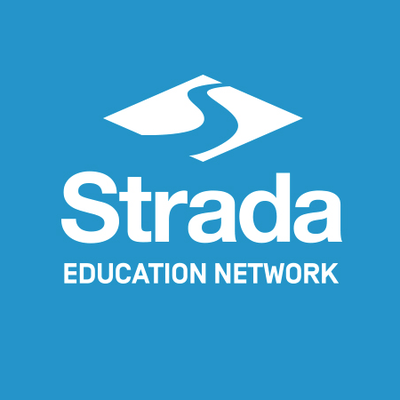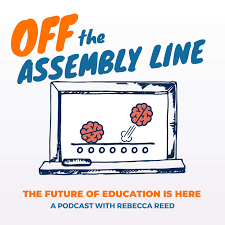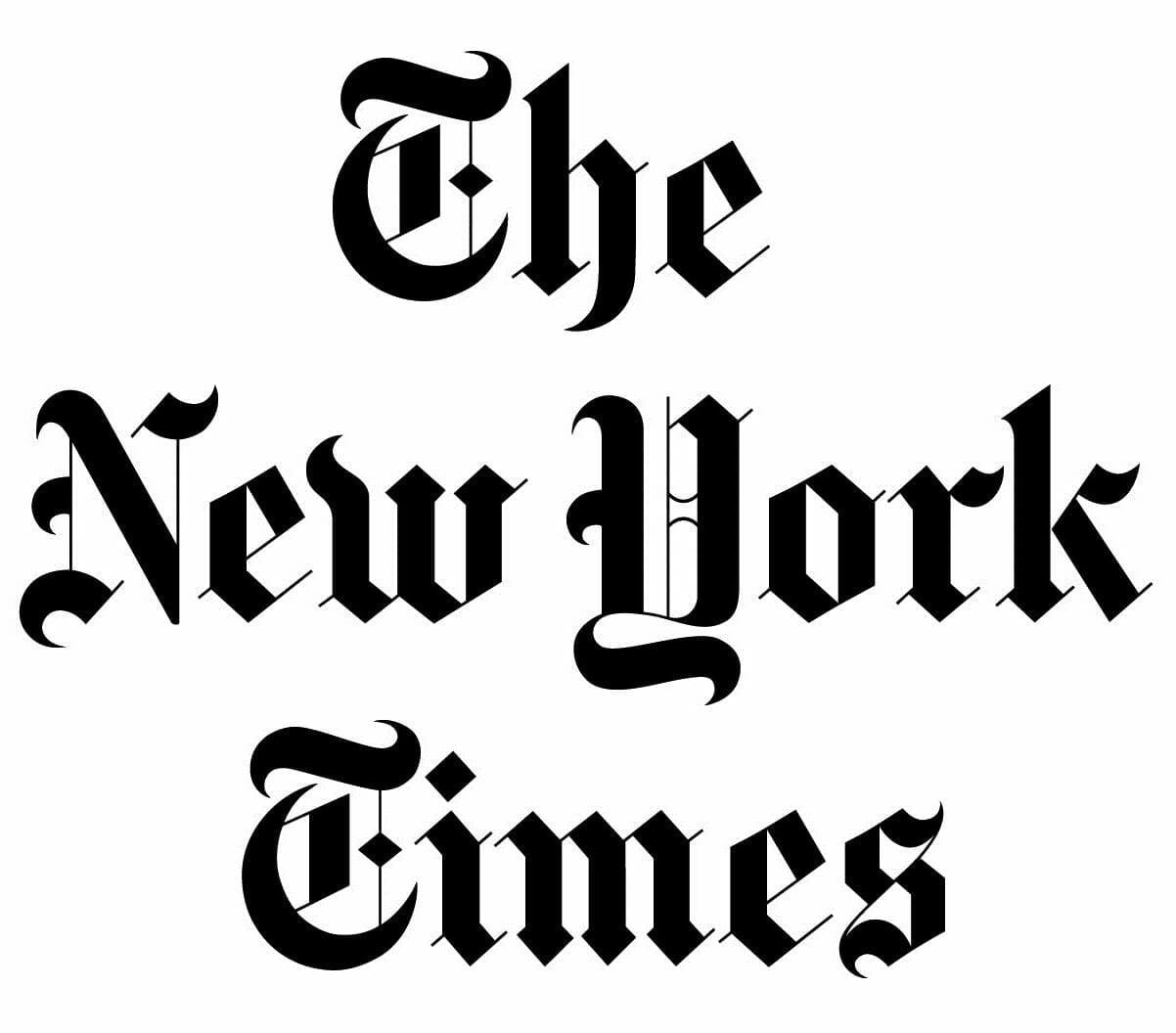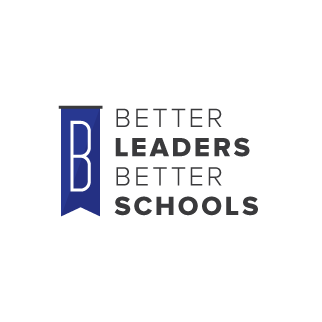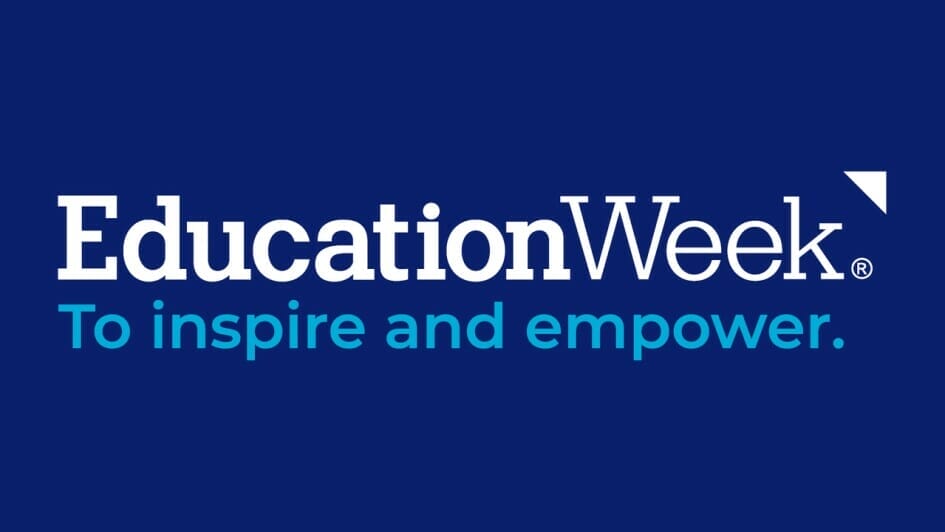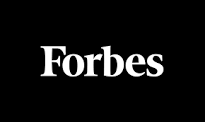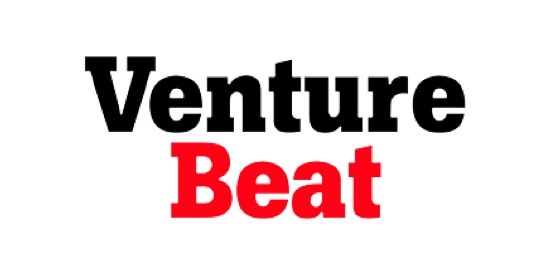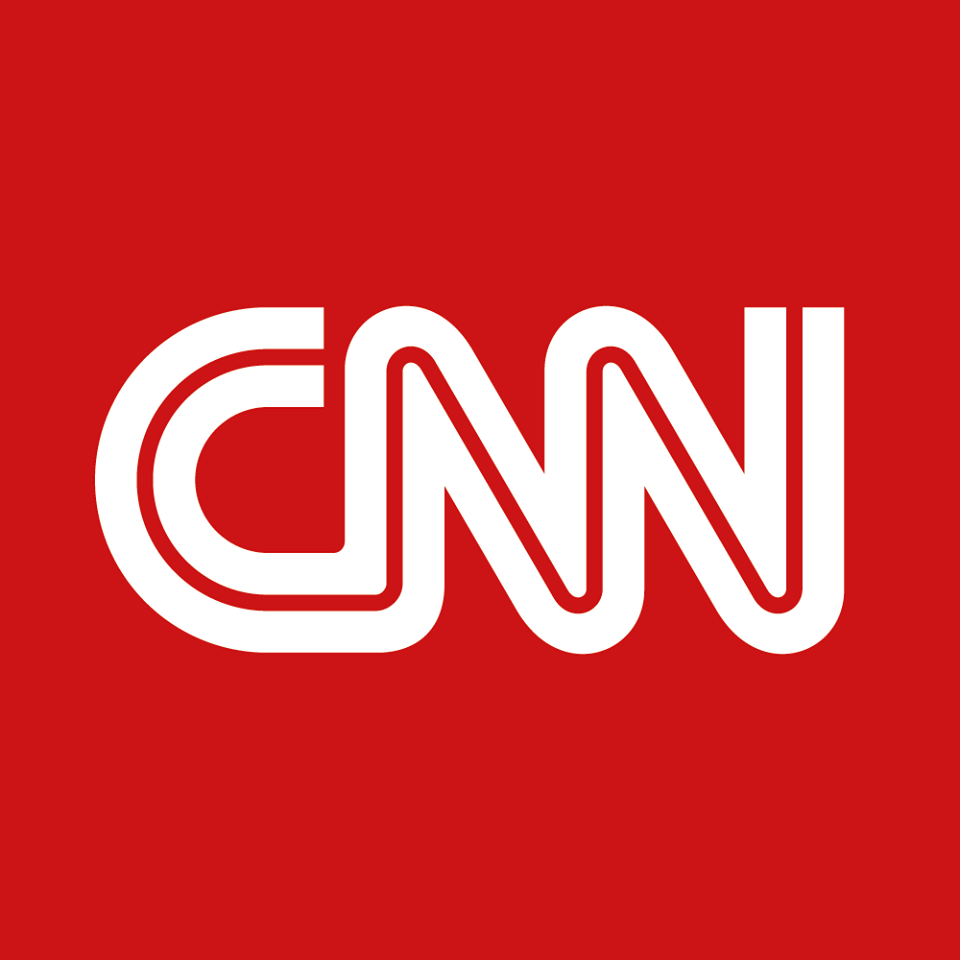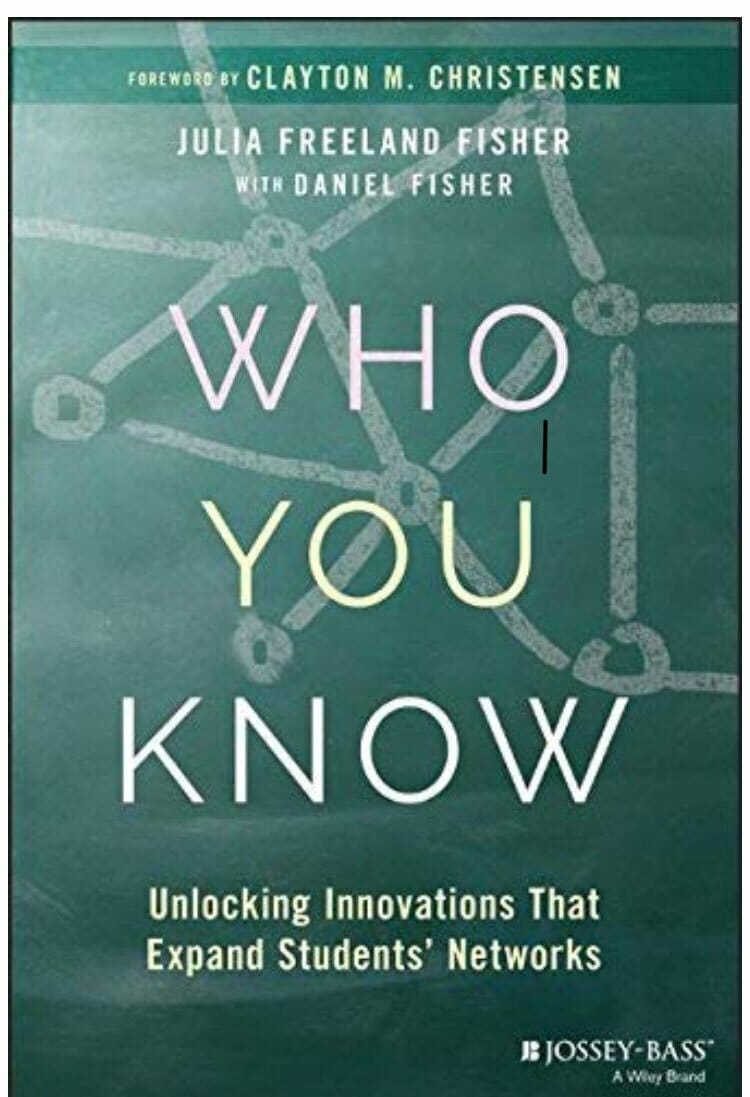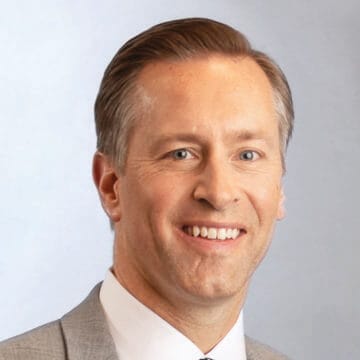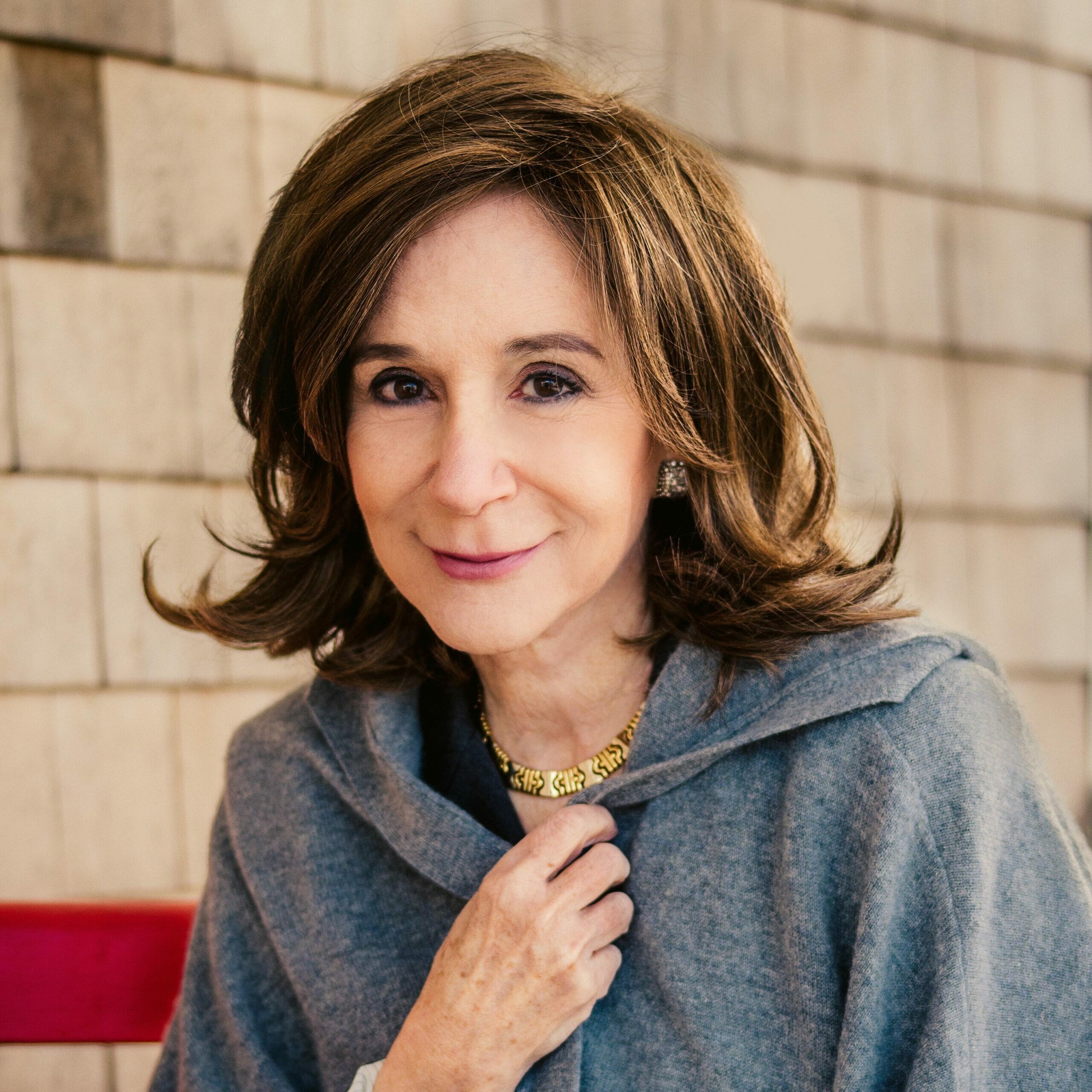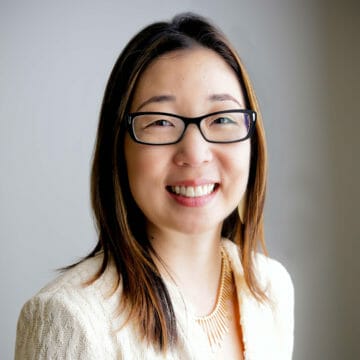Videos
Learn More About Julia Freeland Fisher
Who you know matters, especially when it comes to accessing opportunity. Julia Freeland Fisher believes expanding networks – people’s stock of “social capital” – will be a game changer for future generations’ learners and workers.
A highly regarded expert in education and workforce, Fisher is the author of “Who You Know: Unlocking Innovations That Expand Students’ Networks” (Jossey-Bass, 2018). The book focuses on emerging tools and practices that can deepen and diversify students’ networks to expand their access to opportunities. As the director of research at the Christensen Institute, Fisher has published and spoken extensively on trends in education and human connection and how disruptive innovations will impact students’ networks in the years ahead.
Those themes have newfound resonance in the age of AI, where chatbots could begin to disrupt human connection as we know it. Her recent research, Navigation and Guidance in the Age of AI, offers an in-depth look at how chatbots are transforming college and career guidance. Her upcoming research will focus beyond the classroom, analyzing what’s motivating young people to engage with AI companions in the consumer market, and what it will take to safeguard human relationships in this new era.
Fisher’s research has been featured in The New York Times, Boston Globe, Axios, Harvard Business Review, and Stanford Social Innovation Review. Prior to joining the Institute, she worked at NewSchools Venture Fund, a venture philanthropy organization that supports education entrepreneurs who are transforming public education. She also served as an instructor in the Yale College Seminar Program. Fisher holds a bachelor’s degree from Princeton University and a JD from Yale Law School.
Julia Freeland Fisher is available to advise your organization via virtual and in-person consulting meetings, interactive workshops and customized keynotes through the exclusive representation of Stern Speakers & Advisors, a division of Stern Strategy Group®.
Human Connection in the Age of AI: Disruption, Dystopia, or Discovery?
In this provocative presentation, Julia Freeland Fisher, Director of Education at the Christensen Institute, outlines why AI is on a path to disrupting human connection as we know it – and how technology, education systems, and policy will need to evolve to meet this challenge. Audiences will learn how disruptive innovations take root and scale, and explore how AI could be built to be more prosocial.
Networks for Success: Identifying, Unlocking, and Building Social Capital to Advance Your Goals
What is social capital, why does it matter and how can building it help strengthen professional ties? In this engaging presentation, Director of Education at the Christensen Institute, Julia Freeland Fisher, presents accessible strategies for leveraging new and existing relationships to achieve professional goals. Audiences will learn how social capital gets built, how to create webs of support within existing networks, and how to reciprocate and strengthen ties even more. These simple, actionable steps empower participants to begin bolstering their networks immediately.
The Missing Piece of Education Reform: Social Capital
Historically, our education system has focused on what students do and don’t know, and ignored almost entirely who they know. The real opportunity gaps are not just knowledge and skill gaps; they are gaps in students’ networks and access to power, argues Julia Freeland Fisher. Who you know matters – a lot. Fisher believes that with the rise of technology, we have an unprecedented opportunity to build a system invested in expanding students’ networks by connecting them to industry experts, mentors and peers otherwise out of reach. With this stronger focus on helping students build social capital, schools and vendors together stand to address chronic challenges that have long plagued education. Fisher delves deep into this missing piece of the education reform conversation, with a particular focus on how technology will help spur the transformation. She explores the opportunities for and responsibilities of schools, vendors, entrepreneurs and investors.
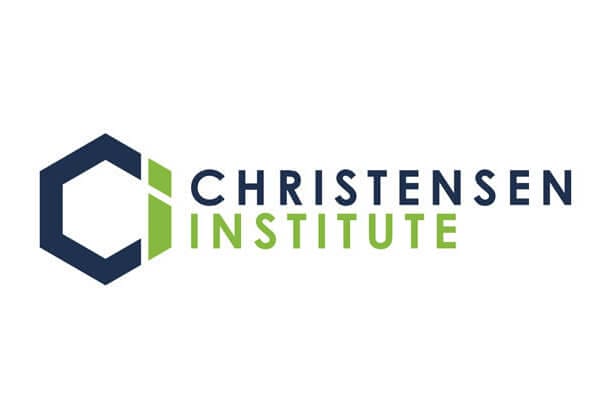
Students’ Hidden Networks: Relationship Mapping as A Strategy To Build Asset-Based Pathways
(The Christensen Institute, August 2022)
The State Innovator's Toolkit: A Guide to Successfully Managing Innovation Under ESSA
(Christensen Institute, October 2017)

A Blueprint of Breakthroughs: Federally Funded Education Research in 2016 and Beyond
(Christensen Institute, May 2016)
The Educator's Dilemma: When and How Schools Should Embrace Poverty Relief
(Christensen Institute, June 2015)
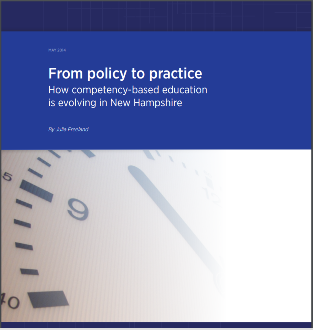
From Policy to Practice: How Competency-based Education is Evolving in New Hampshire
(Christensen Institute, May 2014)
“This book suggests a structure of school that would allow more individuals—even those that we don’t think of as part of our traditional education system—to mentor, support and inspire young people. In that vein, Julia’s research and vision is indispensable to building a world in which individuals—even those from wildly different backgrounds—can help one another. I’m indebted to Julia for helping me see how disruptive innovation can play a part in providing diverse, meaningful, and enduring relationships for our students. How can schools take advantage of this monumental opportunity? Who You Know points the way forward.”
“In what will prove to be a seminal book, Julia Freeland Fisher moves the world of social capital from the realm of problem diagnosis to solutions with a real path forward to help all individuals build the networks they need to achieve lifelong success. Disruptive innovation is the key, and Who You Know uses it to unlock a world of potential opportunity for students, educators, parents, entrepreneurs, community members, policymakers, and more.
“Opportunity is social but schools ignore it. With this provocative observation, Julia Freeland Fisher launches what will be a revolution. To the rise of project-based learning and social intelligence, schools will add social capital as a named and measured outcome—and a new generation of tools and partnerships will help deliver on the promise Julia outlined.”
“At a time when our technology platforms have us caught in an echo chamber of our own social filters, rarely exposed to new perspectives — Julia brilliantly makes the case that we must help the next generation intentionally build diverse social networks and schools are the best place to start. It’s not only critical for the health of our democracy, but it will improve the odds that every child has access to the American dream. Julia lays out a clear and actionable vision for how schools can better prepare students for a hyper-connected world that increasingly values social capital. Parents, school leaders and education technologists would greatly benefit from the data, research and most importantly, Julia’s insights on how we can give every child the opportunity they deserve.”
“Many thanks to Julia Freeland Fisher for being willing to explore how “who you know” is as important as “what you know” in a student’s learning experience. While the neighborhood school may offer community and security, it can also be increasingly limiting if students are not developing far reaching relationships that move them from the school yard to the world. Describing the effective use of technology, this book shows how systematically adding a new “R”—-relationships—- to education’s traditional 3 “R’s” will transcend zip code and demography to provide all students true opportunities for success.”
“Who You Know” is an engaging, compelling, and thought-provoking look at how schools could —and should — help students build and maintain social networks…and why this matters so much. It’s a must-read for both school system leaders and educational entrepreneurs who seek to serve them.”
“This book is a powerful and much-needed blending of experience, expertise, and proposed innovation from diverse domains- education, technology, mentoring, and community development- that hold the promise together of prioritizing relationships for young people and turning isolation and unrealized potential into systemic connection, support, and fulfilled opportunity.”
“This carefully researched book takes a close look at a real barrier that prevents many students from reaching their fullest potential. By examining the power of networks and emerging innovations, we can unlock opportunity for all students.”
“In Who You Know, Julia Freeland Fisher sees the fundamental truth that human development and human advancement depends on relationships, and that young people don’t have equal opportunity to form constructive relationships. Fisher zeroes in on the idea that schools can be reorganized to focus more time and energy on making it possible for more children to experience more positive relationships. Fisher’s insights and ideas are right on the mark and this book should serve as a blueprint for how schools are organized in the (hopefully near) future.”
“If you are interested in sustainable ways to grow the economy (and indeed the very future of this planet!), then you’ll want to pick up “Who You Know” by Julia Freeland Fisher. This insightful book incisively elucidates how we can leverage technologies to activate young people and engage them in their education and careers, so that ALL have the opportunity to develop into the thriving adults and innovative leaders we so desperately need to solve the daunting challenges we face in the 21st Century.”
“Julia is a fantastic speaker and expert in the field who supported our audience in thinking deeply about disruptive innovation, blended learning, competency-based learning and the equity gap for students who do not have access to digital devices. She is a great speaker to have if you want to challenge the status quo in education.”
